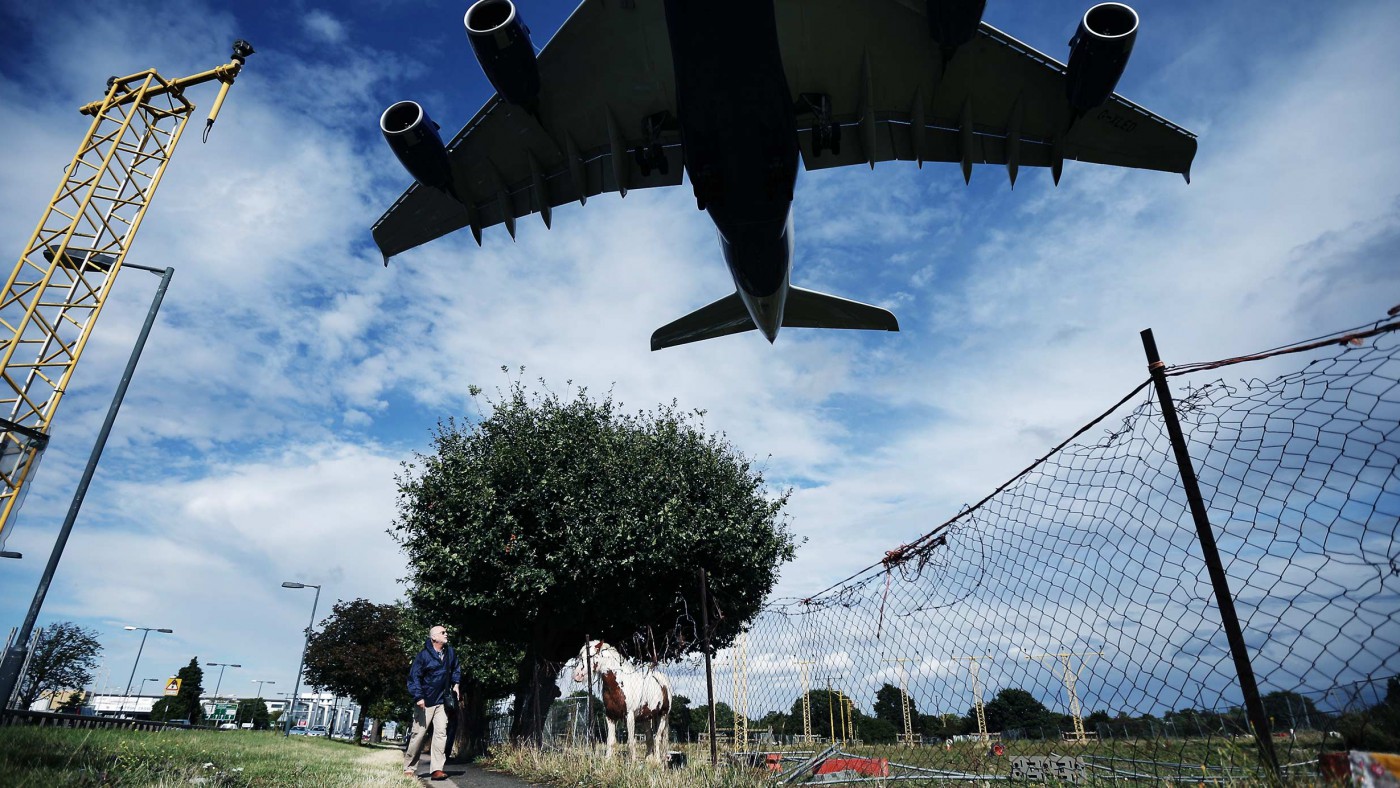The issue of airport expansion has long proved tricky for politicians, who have dithered and delayed due to political considerations over previous decades. This time round was meant to be different.
In 2012, an independent Commission was set up to examine the aviation issue and remove political influence over the decision making process. Its report date was deliberately set for July 2015 – which was after the general election – and the Commission received generous funding of around £20m of taxpayers’ money. The Prime Minister then promised a final decision by the end of 2015.
The conclusions of the independent report were categorical. The economic benefits of expansion at Heathrow would far exceed that of Gatwick. Heathrow’s hub status makes it well placed to cater for growing long-haul flying and the case for Heathrow expansion is attractive from an industry perspective. 17 times more freight goes through Heathrow compared to Gatwick and 26% of all UK exports are currently routed via Heathrow. These potential benefits lead the CBI to highlight that indecision over Heathrow expansion could harm the UK economy.
Despite attempts to take politics out the equation, political considerations have once again led to delay and dither on airport expansion. The decision has been kicked into the long grass, and it’s easy to see why.
The London Mayor Boris Johnson is against Heathrow expansion, along with the current Labour and Tory Mayoral candidates for the May 2016 election. Tory MPs representing seats in the south-west of London – some of whom sit as Ministers in the Government – are also set against Heathrow expansion. And, of course, back in 2009, David Cameron said “the third runway at Heathrow is not going ahead, no ifs, no buts”.
This is a classic case of Public Choice Theory in action.
Public Choice Theory advances the idea that politicians and officials are likely to develop public policy based on their own self-interest, rather than being motivated by the so-called “common good”. The benefits for the country as a whole are served by a prompt decision on Heathrow’s expansion, but the electoral prospects of many politicians and political parties are served by delaying that decision.
Of course, this is not the only example of Public Choice Theory leading to poor public policy outcomes. The ring-fencing of pensioner benefits is a case in point. At a time when pensioner wealth is rising faster than other demographic groups, it would appear hard to justify ring-fencing pensioner benefits during times of public spending restraint.
However, from the perspective of politicians’ electoral prospects there is every reason to pursue this. In the 2015 general election, 78% of those over 65 voted whereas only 43% of 18-24 year olds voted, according to Ipsos Mori.
Local politicians are also susceptible to Public Choice Theory. In the summer of this year, councillors on Lancashire County Council voted to oppose shale exploratory applications after successful lobbying from green activists and some local residents. Despite claiming the decision was based on environmental grounds, the council’s own planning officers were clear that there were no reasonable environmental grounds to refuse the application. This decision – seemingly motivated by local political considerations – has led to delay in shale exploration, which has the potential to provide huge economic benefits for the country as a whole. Again, these are politicians putting their own electoral interests ahead of the National interest.
The Government has tried to address the problems arising from Public Choice Theory with mixed success. The launching of the Davies’ Commission into airport expansion appears to have failed in its objective of removing political considerations from the decision. However, the Government’s willingness to remove decision making powers on shale exploration applications from local authorities is likely to have more success.
We should be realistic and accept that Public Choice Theory will continue to influence politicians and political parties.
Politicians will usually act in their own electoral interests. However, sound decision making that provides economic benefits to the country collectively will always pay higher political dividends in the longer term. Rather than appeasing particular interest groups in specific areas of public policy, the Government should risk losing some short-term political popularity – particularly at this stage in the electoral cycle when they afford to do so. Voters at a general election put a premium on the issue of economic competence.
By sacrificing some political popularity in the short term, the Government could boost its popularity at a later stage in the political cycle when the economic benefits of decisions are realised.


